Dubai’s real estate market has always been a dynamic and attractive sector, drawing investors from around the world. Known for its futuristic skyline, luxurious properties, and strategic location, Dubai continues to evolve as a global real estate hub. However, like any other market, it is subject to fluctuations influenced by various factors such as economic conditions, regulatory changes, and global events.
This blog will explore the current state of the real estate business in Dubai, focusing on emerging trends and the opportunities available for investors and developers.
1. Market Recovery and Growth
Dubai’s real estate market has been on a recovery path following the challenges posed by the global pandemic. In 2023 and 2024, the market witnessed significant growth, with increased demand for both residential and commercial properties. The government’s proactive measures, including economic reforms, visa incentives, and the Expo 2020 legacy, have played a crucial role in revitalizing the sector.
The market’s recovery has been marked by rising property prices, increased transaction volumes, and a surge in off-plan sales. The demand for luxury properties, in particular, has soared, driven by high-net-worth individuals and foreign investors seeking prime real estate in a stable and tax-efficient environment.
2. Shift Towards Sustainable Development
Sustainability has become a key focus in Dubai’s real estate sector, aligning with the UAE’s broader commitment to environmental responsibility and sustainable development. Developers are increasingly incorporating green building practices, energy-efficient designs, and sustainable materials into their projects. This shift is not only driven by regulatory requirements but also by growing consumer demand for eco-friendly living spaces.
The emphasis on sustainability has opened up new opportunities for developers and investors interested in green real estate. Properties that prioritize sustainability are often seen as more desirable and may command higher rental yields and resale values. Additionally, the Dubai government has introduced various incentives for sustainable developments, further boosting the appeal of this trend.
3. Rise of Smart Homes and Proptech
Dubai is at the forefront of integrating technology into real estate, with the rise of smart homes and Proptech (property technology) being significant trends. Smart homes, equipped with advanced automation systems, AI, and IoT (Internet of Things) devices, are becoming increasingly popular among buyers who value convenience, security, and energy efficiency.
Proptech is revolutionizing the way real estate transactions are conducted, from virtual property tours to blockchain-based property registration. These technologies are streamlining processes, reducing costs, and enhancing transparency in the market. For investors and developers, embracing Proptech offers a competitive edge and aligns with the tech-savvy preferences of modern consumers.
4. Growth of the Luxury Real Estate Market
Dubai has long been synonymous with luxury, and the demand for high-end properties continues to grow. The city’s luxury real estate market is thriving, with a steady influx of wealthy investors from around the world. Factors such as Dubai’s safe environment, favorable tax policies, and high quality of life make it an attractive destination for luxury property buyers.
Iconic developments such as The Palm Jumeirah, Dubai Marina, and the Downtown Dubai district are seeing robust demand, with ultra-luxury villas, penthouses, and waterfront properties commanding premium prices. Developers are catering to this segment by offering exclusive, tailor-made properties that combine opulence with cutting-edge design and amenities.
5. Increased Foreign Investment
Dubai’s real estate market is characterized by its openness to foreign investment, and recent years have seen a surge in interest from international buyers. Changes in visa regulations, such as the introduction of the Golden Visa and remote working visas, have made it easier for foreign investors to reside and invest in Dubai. Additionally, the stability of the UAE’s political and economic environment continues to attract investors from regions experiencing economic or political instability.
The UAE’s freehold property laws, which allow foreigners to own property in designated areas, have further fueled this trend. As a result, foreign investment is a significant driver of growth in Dubai’s real estate sector, contributing to increased demand and the development of new projects.
6. Opportunities in the Affordable Housing Segment
While luxury properties dominate headlines, there is a growing demand for affordable housing in Dubai. The city’s population is diverse, and not all residents are in the market for high-end real estate. Recognizing this, developers are increasingly focusing on affordable housing projects that cater to middle-income earners and young professionals.
The government’s initiatives to promote affordable housing, such as easing mortgage regulations and offering incentives for first-time homebuyers, have created opportunities for investors and developers in this segment. The affordable housing market is expected to grow as Dubai’s population continues to expand, driven by both domestic migration and expatriates moving to the city for work.
7. Challenges and Considerations
While the opportunities in Dubai’s real estate market are vast, there are also challenges that investors and developers need to consider. Market volatility, driven by global economic conditions and fluctuations in oil prices, can impact property values and demand. Additionally, the oversupply of certain types of properties in specific areas may lead to price corrections or longer periods to achieve returns on investment.
Regulatory changes, such as adjustments in property laws or visa regulations, can also affect the market. Staying informed about the latest developments and working with experienced real estate professionals can help mitigate these risks.
Conclusion
Dubai’s real estate market is in a strong position, with a diverse range of opportunities for investors and developers. The market is characterized by growth in luxury real estate, a shift towards sustainable and smart developments, and an increasing focus on affordable housing. Foreign investment remains a key driver of demand, supported by favorable government policies and a stable economic environment.
For those looking to enter the real estate business in Dubai, the current landscape offers numerous opportunities. However, success in this market requires a deep understanding of the trends, a strategic approach to investment, and a willingness to adapt to changing market conditions. Whether you’re a seasoned investor or a newcomer to Dubai’s real estate scene, now is an exciting time to explore the possibilities in this vibrant and ever-evolving market



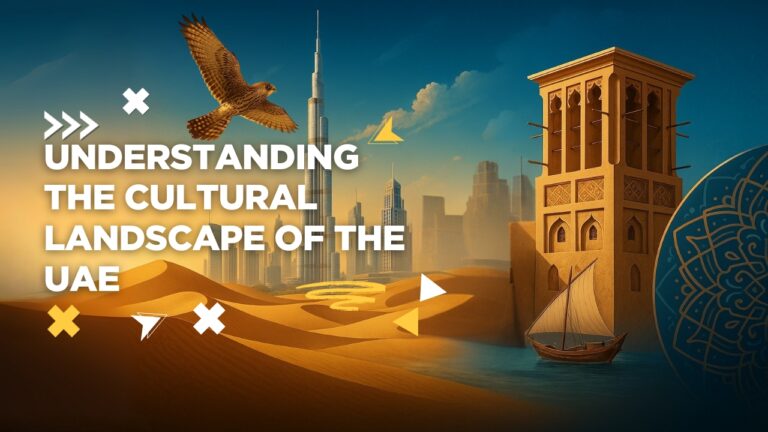
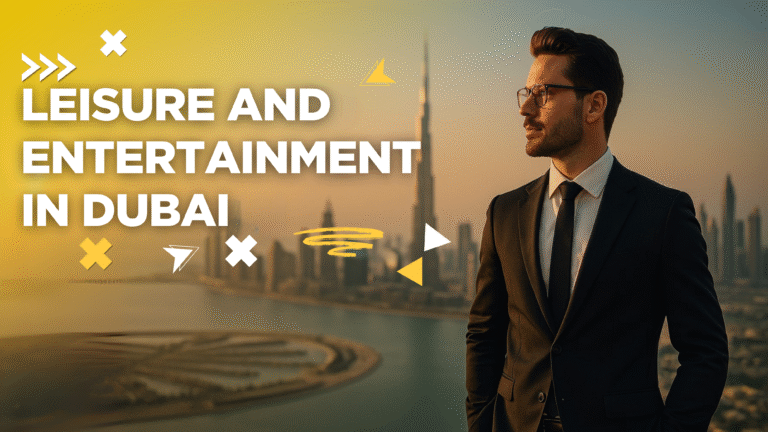
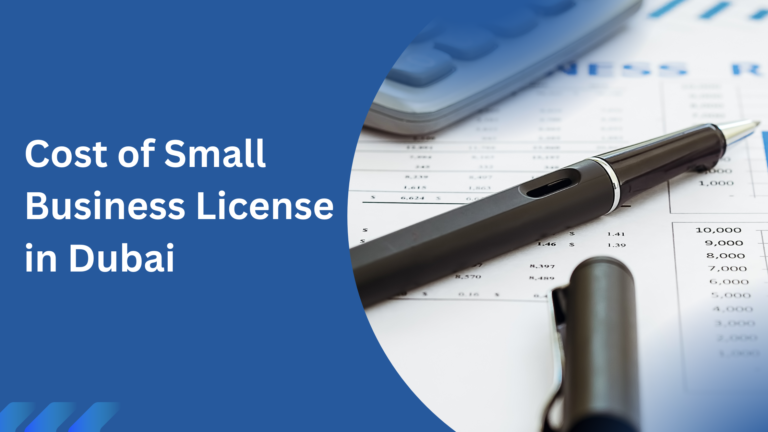
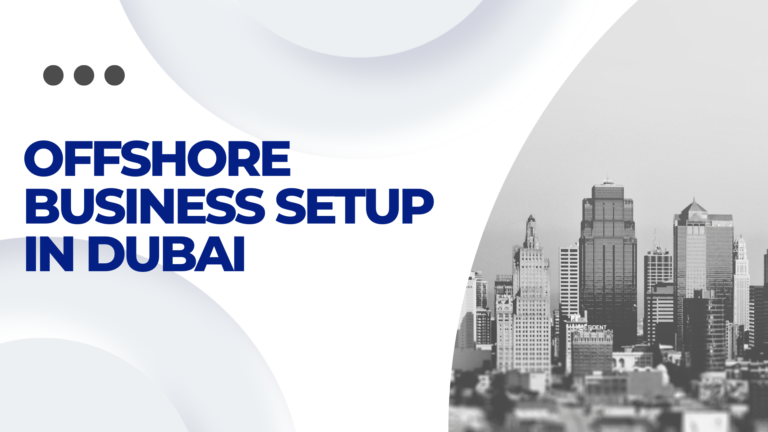


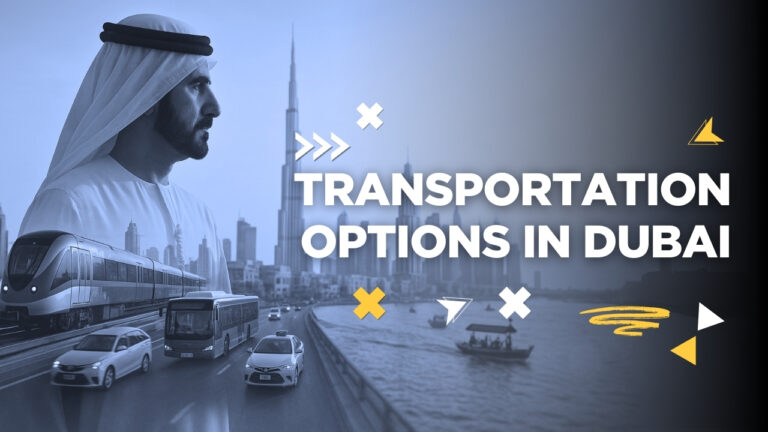
+ There are no comments
Add yours